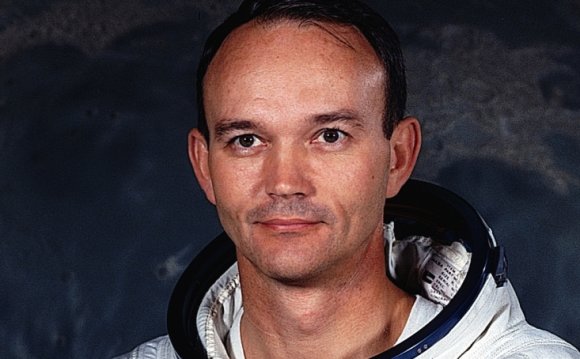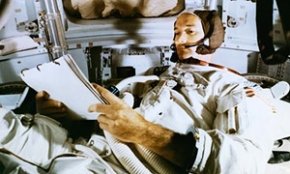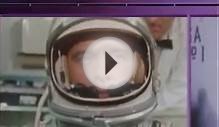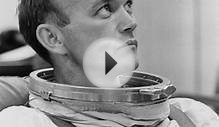
 It was the secret terror that gripped astronaut Michael Collins throughout the Apollo 11 project 40 years ago. As his spacecraft, Columbia, swept over the lunar surface, Collins - the mission's third and largely forgotten crewman - waited for a call from fellow astronauts Neil Armstrong and Buzz Aldrin to say their lander craft had successfully blasted off from the Moon.
It was the secret terror that gripped astronaut Michael Collins throughout the Apollo 11 project 40 years ago. As his spacecraft, Columbia, swept over the lunar surface, Collins - the mission's third and largely forgotten crewman - waited for a call from fellow astronauts Neil Armstrong and Buzz Aldrin to say their lander craft had successfully blasted off from the Moon.
The message would banish Collins's deepest fear: that he would be the only survivor of an Apollo 11 disaster and that he was destined to return on his own to the United States as "a marked man".
The realisation that the normally icy-cool astronaut was so obsessed by such an outcome puts a fresh perspective on the celebrations that will, this weekend, absorb the United States as it commemorates the moment, on 21 July 1969, that an American first walked on another world. Apollo 11 will be presented as a flawless technological triumph at jamborees across the nation, including a special reception at the National Air and Space Museum in Washington, which all three Apollo 11 astronauts are scheduled to attend.
Yet at the time, worries that the mission would end in disaster consumed nearly all of those involved in the programme - despite their apparent calm. And no one was more stressed than Collins, it appears.
In his case, the astronaut was obsessed with the reliability of the ascent engine of Armstrong and Aldrin's lander, Eagle. It had never been fired on the Moon's surface before and many astronauts had serious doubts about its reliability. Should the engine fail to ignite, Armstrong and Aldrin would be stranded on the Moon - where they would die when their oxygen ran out. Or if it failed to burn for at least seven minutes, then the two astronauts would either crash back on to the Moon or be stranded in low orbit around it, beyond the reach of Collins in his mothership, Columbia.
All three astronauts believed there was a real chance such a disaster would occur. Armstrong thought his prospects were only 50-50 of making it back to Earth. And so did Collins, the pilot of Columbia and one of the world's most experienced aviators.
Nor were the astronauts alone. Richard Nixon, then US president, had even prepared a speech that he would deliver in the event of the Eagle's engine failing. "Fate has ordained that the men who went to the Moon to explore in peace will stay on the Moon to rest in peace, " it ran. "These brave men, Neil Armstrong and Edwin Aldrin, know that there is no hope for their recovery. But they also know that there is hope for mankind in their sacrifice."
Thus Collins - alone in Columbia as the world focused on Armstrong and Aldrin walking on the lunar surface - fretted about his two companions below him on the Moon and revealed, in a note written at the time, that he was now "sweating like a nervous bride" as he waited to hear from the Eagle.
RELATED VIDEO











